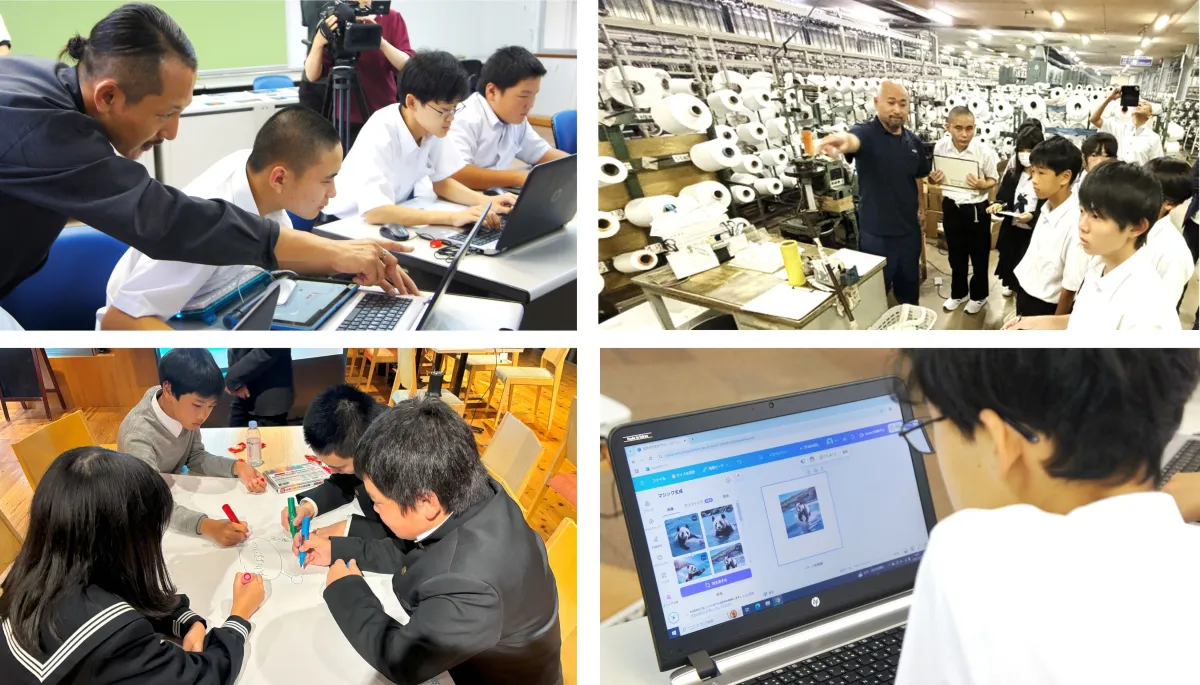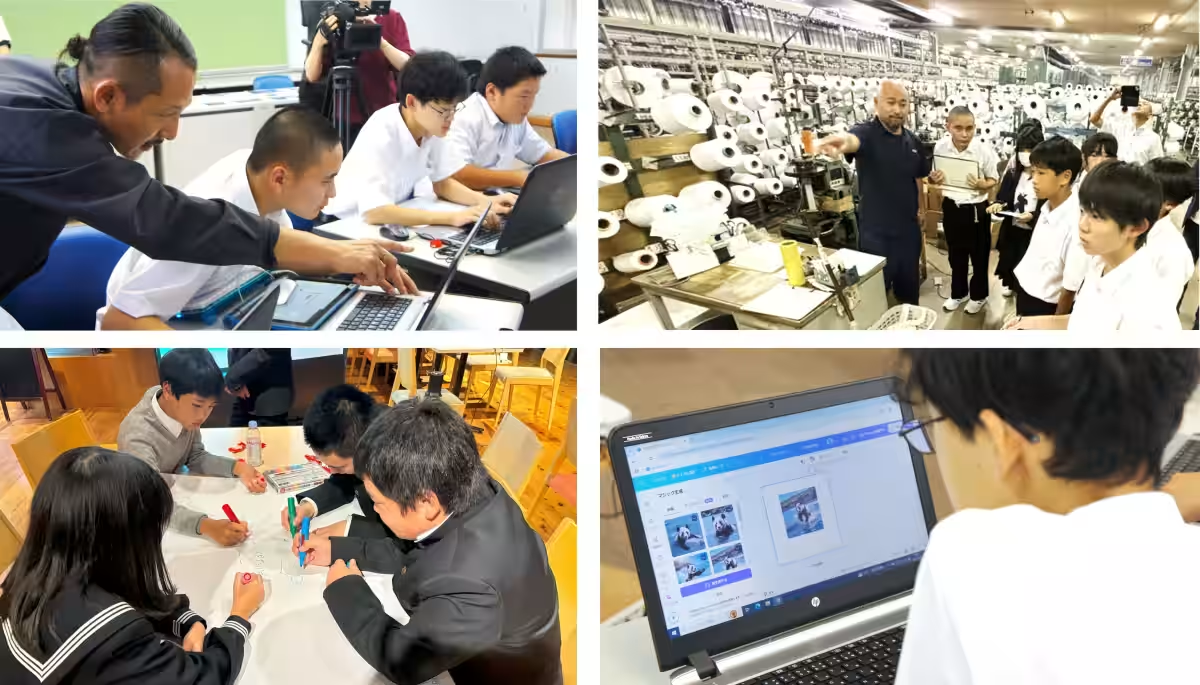

UHFUR Collaborates in Smart City Initiative for Innovative Education Program
UHFUR's Innovative Leap into Educational Reform
UHFUR, a Tokyo-based technology company, is making strides in educational innovation by participating in the 'Susami Smart City Consortium'. The consortium has partnered with the Ministry of Economy, Trade and Industry (METI) to execute a unique pilot project known as the 'Future Classroom' initiative. This endeavor aims to revolutionize the way education and societal engagement are approached in Japan.
The primary goal of the project is the establishment of a 'third place for learning', a space that exists outside traditional educational institutions and home, which fosters creativity and engagement among students. The initiative emphasizes collaboration across various sectors, including government, educational institutions, and private entities, to develop sustainable educational methodologies.
A Look into the 'Nanki Kumano AI Design Club'
The pilot project specifically branded as the 'Nanki Kumano AI Design Club', targets middle school students from the municipalities of Susami and Shirahama in Wakayama Prefecture. This innovative program incorporates AI technology into design curricula to prepare students for real-world applications. The students engage with local industries, particularly in the textile sector, merging AI with traditional craftsmanship to create unique clothing designs that represent the allure of their region.
Through this program, students not only learn about AI but also gain practical experience in textile production, allowing them to decipher the culture and initiatives of the Nanki Kumano region. By crafting original apparel, participants are encouraged to express their own creativity, enhancing their problem-solving skills and community awareness.
Key Partnerships for Success
The collaborative effort of the 'Nanki Kumano AI Design Club' includes several stakeholders such as local government bodies, educational institutions like Shirahama and Susami Junior High Schools, and various local businesses including Yamayo Technical Style and Dolphin Shirahama Independence Support Center. This multi-faceted approach not only broadens the scope of educational opportunities for students but also strengthens community ties.
Achievements and Insights from the Pilot Program
The results of the 'Nanki Kumano AI Design Club' have confirmed the effectiveness of creating educational spaces that transcend geographical boundaries. It highlighted the importance of community engagement, emphasizing 'regional contribution' and 'building connections' as fundamental aspects of social education.
Developing Creative Expression Through AI
A notable outcome of the project is how students utilized generative AI for design projects. This approach allowed them to articulate the community's virtues in a creative context. The integration of fieldwork and collaboration with local businesses significantly boosted their understanding of regional issues while also enhancing their satisfaction with the educational experience.
Sustainability and Future Prospects
The success of crafted outcomes has opened possibilities for commercialization in tourism and other areas through channels like hometown tax donations. Insights gathered during this pilot initiative indicate a promising pathway toward establishing a sustainable operational model in education.
The realization of a 'third place for learning' demands collaboration among local governments, educational entities, businesses, and various organizations. Developing funding mechanisms utilizing methods such as crowdfunding and engaging external resources for support will be crucial for the smooth establishment of a sustainable educational framework. UHFUR is set to build upon these findings, aiming to continue and expand educational programs while exploring adaptability for other communities.
Conclusion
The 'Future Classroom' initiative by METI stands as a testament to the evolving landscape of education in Japan. With projects like the 'Nanki Kumano AI Design Club', UHFUR is not just leading innovation; it's shaping the future of education for generations to come. As the company continues to support digital transformation across Japan’s municipalities, it remains committed to fostering sustainable societal advancement through strategic technology integration.
Learn More
For additional information, please refer to the Ministry of Economy, Trade and Industry


Topics Other)










【About Using Articles】
You can freely use the title and article content by linking to the page where the article is posted.
※ Images cannot be used.
【About Links】
Links are free to use.